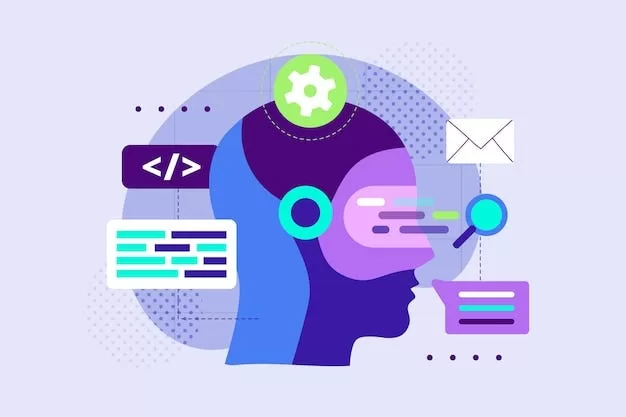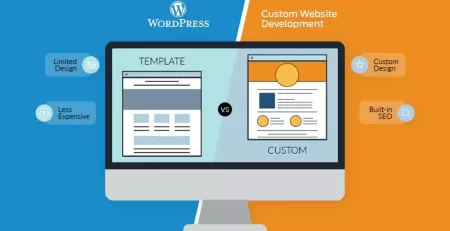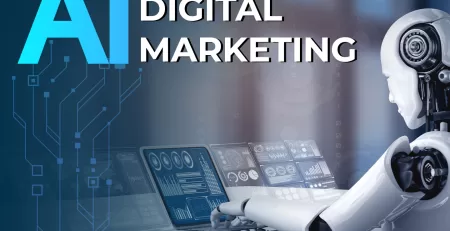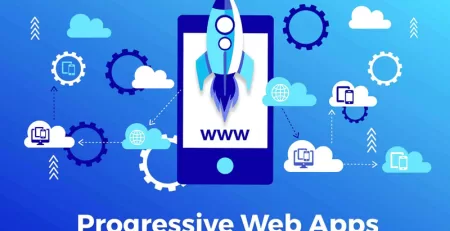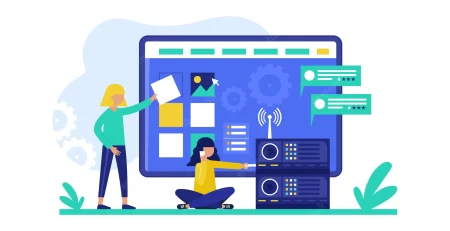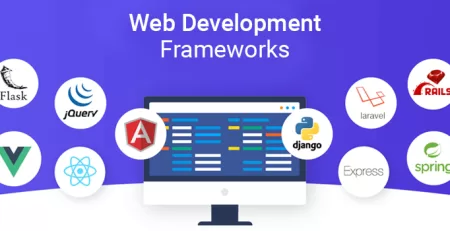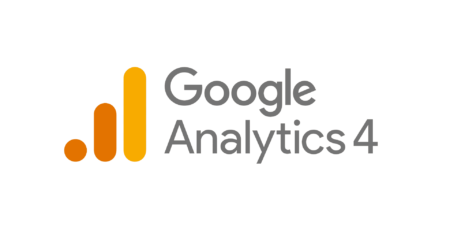The Role of Artificial Intelligence in Web Development: Use Cases and Possibilities
Artificial Intelligence (AI) is not only transforming industries like healthcare and finance but is also revolutionizing the field of web development. From enhancing user experiences to streamlining development processes, AI is playing a pivotal role in shaping the future of web development. In this article, we’ll explore the growing impact of AI in web development, its use cases, and the limitless possibilities it brings to the table.
Introduction
Artificial Intelligence, often referred to as AI, is the simulation of human intelligence processes by machines, especially computer systems. In web development, AI is used to enhance and automate various aspects of the development process, as well as to improve user experiences and the overall functionality of websites and web applications.
Use Cases of AI in Web Development
1. Content Generation
AI-driven tools, such as GPT-3, have the capability to generate human-like text. Web developers can use these tools to automatically generate content for websites, including blog posts, product descriptions, and news articles. This saves time and resources while maintaining content quality.
2. Personalization
AI algorithms can analyze user behavior and preferences to deliver personalized content and recommendations. Whether it’s tailoring product recommendations or showing content based on browsing history, personalization enhances user engagement and conversion rates.
3. Chatbots and Virtual Assistants
Chatbots and virtual assistants powered by AI are becoming increasingly common on websites. They provide real-time customer support, answer frequently asked questions, and guide users through various processes. This improves user satisfaction and reduces the workload on customer support teams.
4. User Experience Enhancement
AI can analyze user interactions with a website and provide insights to improve user experiences. For example, it can track mouse movements, clicks, and scrolls to identify elements that users find engaging or frustrating. This data helps developers optimize their designs.
5. Website Search Optimization
AI-powered search engines enhance website search functionality by offering better search results, including synonyms and related terms, as well as handling natural language queries. This improves the user’s ability to find relevant information quickly.
6. Voice Search and Voice Assistants
Voice search is on the rise, and AI is integral to its functionality. Web developers are incorporating voice search capabilities into websites, making content more accessible and convenient for users who prefer to interact via voice.
7. Security
AI is essential in strengthening website security. It can detect and mitigate threats like DDoS attacks and malware. AI algorithms analyze patterns in real-time to identify and block suspicious activity, ensuring data protection and user safety.
8. Automated Testing and Debugging
AI-driven testing tools can automate the testing and debugging of websites and applications. These tools identify bugs and vulnerabilities more efficiently than manual testing, saving time and resources in the development process.
9. Responsive Design
AI can help in creating responsive web designs that adapt to various screen sizes and devices. This ensures that websites maintain a consistent user experience, whether accessed on a desktop, tablet, or mobile phone.
The Possibilities of AI in Web Development
As AI technology continues to advance, the possibilities for its application in web development are virtually limitless. Here are some potential future developments:
1. AI-Generated Website Designs
AI could generate entire website designs based on minimal input from developers or clients. This could significantly reduce design time and costs.
2. Improved Accessibility
AI can further enhance website accessibility by automatically generating alt text for images, providing audio descriptions, and improving navigation for users with disabilities.
3. Enhanced A/B Testing
AI can optimize A/B testing by automatically determining the most effective variations and continuously adapting to maximize conversion rates.
4. Automated Code Generation
AI may evolve to a point where it can generate code for various web development tasks, reducing the need for manual coding.
5. Advanced Content Creation
In the future, AI could produce not only written content but also images, videos, and multimedia presentations, all tailored to user preferences.
6. Predictive Analytics
AI can provide web developers with predictive analytics, helping them anticipate user needs and preferences, and adjust the website accordingly.
Conclusion
The role of Artificial Intelligence in web development is expanding rapidly, providing developers with tools and capabilities that were once considered science fiction. From content generation to user personalization and security, AI is driving improvements in all aspects of web development. As technology advances, the possibilities for AI’s role in web development will continue to grow, transforming the way websites are designed, developed, and experienced. Embracing AI is becoming essential for staying competitive in the ever-evolving landscape of the internet.

